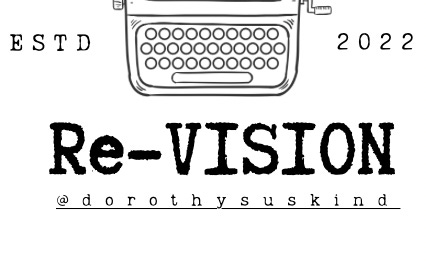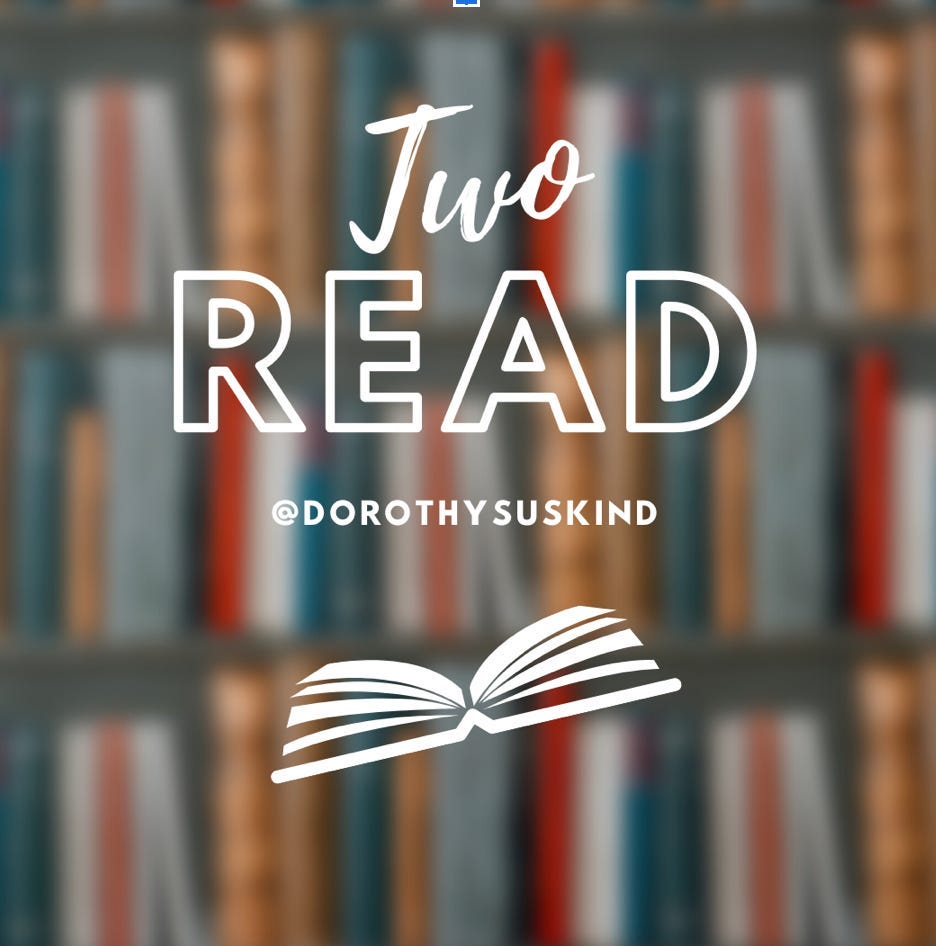Honesty: Healing Through Truth-Telling
Writing is a type of salvation for those of us who have had the rug pulled out, shaken out, and tossed in the trash. Writing is a truth-telling serum spilled across the page. When we write, we have to tell our gospel, or the words just dance across the screen, unable to land in conviction. But when we get it right, there we are in the mirror, a full face reflection of what we believe at this particular precious moment, while still reserving the right to change our minds tomorrow. And that is ok. To outgrow ourselves is the gift we get for being human.
So how do we do that work, especially when we have faced trauma such as loss, workplace bullying, or domestic violence - all phenomenons that often shatter one’s belief in benevolence and humanity?
Anne Lamott in Almost Everything: Notes on Hope had this advice to share,
“—say it, say what happened that seemed worth the telling, or that you don’t want to forget. Stories are when something happened that you didn’t expect, that lead to some deep internal change in yourself or the main character. Tell it.
Something happened, both to and inside a person, that we need you to help us see, and if you believe it wasn’t old and boring, I want to hear it.
And everything that has happened to you belongs to you. If people wanted you to write more warmly about them, they should have behaved better.”
This last line always makes me chuckle. I think so often, especially as women, we are conditioned to be good. So we learn to present people and circumstances under a shiny light, when actually they are drowning us in darkness. But with that said, it is also important not to wide-stroke, villainize people and places, instead making it a habit to look for the glistenings in the corners.
For writers, that is where the honesty comes in. We are called to recognize the dichotomy of the mess, understanding that people are simultaneously this and that, though most spend considerably more time on one side of the equation, and so it takes careful analysis, real truth-telling, to figure out their positioning.
To calibrate our internal GPS, we must submit to the surrender, checking it against our own veracity meter, making sure our story is true and not just a plotline in our mind’s recorder that we keep playing on repeat because it temporarily provides such a sanctimonious high.
The problem, however, is such tracks tend to be vacant, lacking the dimensions of a complex reality full of people who can be both lovely and lawless. These replays are skinny and flat, leaving no room for us to turn, stretch, and grow.
But how do we stop the playback loop and fast-forward to the honest part?
Nadia Boltz-Weber, when reflecting upon the guest selection for her brilliant podcast The Confessional during a discussion at the 2022 Writer’s Symposium by the Sea encourages us to think about how others might tell the same story, what other plotlines are available if we had the courage to search, and most importantly is our telling setting us free or is it keeping us in bondage, transfixing the healing process?
So often as we start to juggle these multiple interpretations of our life’s storyline, we feel as if someone externally or something internally is bludgeoning us into forgiving the abuser or toxic circumstance, but in my opinion, fighting to locate our honest truth has nothing to with forgiveness and everything to do with release.
Honesty, our soul’s truth, becomes available when we accept the complexity of our current and past situation, release the characters who keep demanding space on our mind’s recorder, and write a brand new script whose narrative is only available today because of the people and circumstances of our yesterdays. And though at times we wish we could delete some chapters, that button is not available in this game of life. So instead, we must write those chapters honestly, in all of their anguish and beauty, and through that process of construction on the page, we can reclaim our humanity and relocate some joy.
And yes, writing can do all of that.
Two Read
This week I am reading:
Almost Everything: Notes on Hope by Anne Lamott
River Women, River Demon by Jennifer Givhan
Participate in the Study
To deepen my understanding of the impact of workplace bullying on belonging, I have launched a new research study. If you would like to participate anonymously in this study, please click this LINK. I have my university’s IRB approval to do this work.
Reach Out With Questions and Ideas
I love hearing from readers, so please don’t hesitate to reach out to say hello, ask questions, or suggest topics for me to write about next ~ dorothysuskind@gmail.com.




